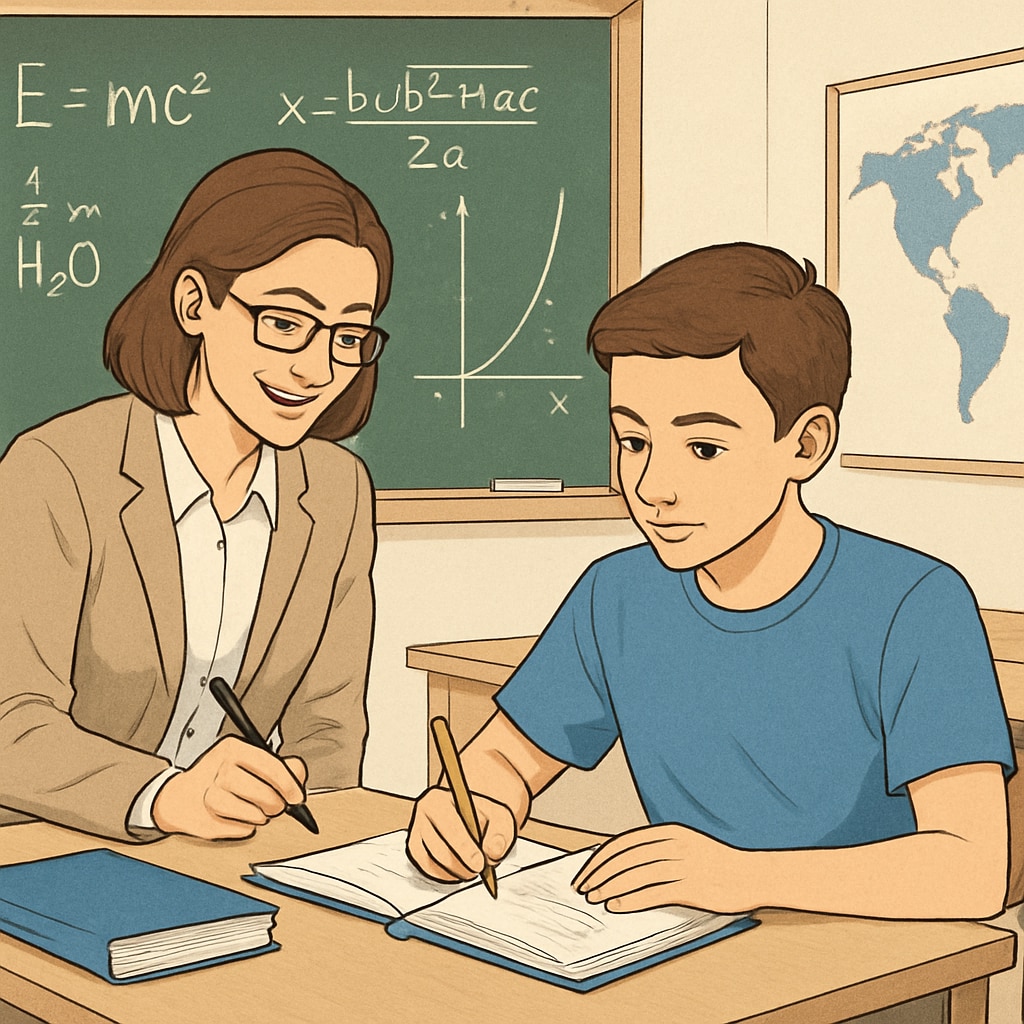Supporting gifted students in their academic journey requires a delicate balance between providing challenging opportunities and nurturing their overall development. Key concepts such as academic performance, gifted education, and grade skipping often come into play when discussing how to best cultivate their potential. However, it’s essential to approach their education thoughtfully to ensure they maintain a love for learning while growing into well-rounded individuals. In this article, we will discuss practical strategies for assessing their needs, choosing appropriate academic paths, and fostering motivation to help them thrive.
Understanding the Needs of Gifted Students
Gifted students often exhibit above-average academic performance and advanced intellectual capabilities. However, their needs extend beyond academics. Emotional, social, and physical development should also be taken into account when crafting a support plan. Parents and educators should start by evaluating the student’s strengths, weaknesses, and interests through formal assessments or observations. For example, standardized tests, teacher feedback, and psychological evaluations can provide valuable insights.
Once the needs are identified, parents can explore tailored options for academic enrichment, such as advanced placement courses, extracurricular programs, or mentorships. It’s important to remember that gifted students may require not only intellectual stimulation but also emotional support to manage stress or feelings of isolation.

Choosing the Right Educational Path
Grade skipping (advancing a student to a higher grade level) is often considered for gifted students to match their intellectual abilities with appropriate academic challenges. While this can be beneficial, it’s crucial to weigh the pros and cons carefully. On the positive side, grade skipping can prevent boredom and help students reach their potential faster. However, it might also cause social challenges if the student struggles to connect with older peers.
Other alternatives include enrolling in specialized gifted programs, online courses, or dual enrollment in college classes for high school students. Parents should collaborate with educators to determine the best fit for their child. For example, organizations such as the National Association for Gifted Children (NAGC) provide resources for families exploring educational paths for gifted learners.

Fostering Holistic Development
While academic achievement is essential, holistic development ensures gifted students grow into balanced individuals. Encouraging extracurricular activities, such as sports, music, or volunteering, can help them build social skills, resilience, and confidence. Additionally, teaching mindfulness or stress management techniques supports their emotional well-being.
Parents must prioritize open communication. Regular conversations about their child’s challenges and achievements can provide valuable insights into their emotional state. For instance, if a gifted student expresses frustration about their workload, adjustments may be necessary to avoid burnout. Furthermore, nurturing curiosity and passion for learning, rather than solely focusing on grades, helps students remain motivated.
External resources, such as the Britannica guide to gifted education, can offer additional strategies for fostering comprehensive development.
Maintaining Balance Between Support and Independence
One of the key challenges in supporting gifted students is striking a balance between offering guidance and fostering autonomy. Parents and educators should aim to create a supportive environment while encouraging self-directed learning. For example, providing access to diverse educational materials, such as books, online courses, or creative projects, allows students to explore their interests independently.
Additionally, teaching time management and organizational skills can empower gifted students to handle more complex workloads. These life skills not only enhance their academic performance but also prepare them for future challenges in higher education or professional settings.
As a result, gifted students are more likely to develop a strong sense of responsibility and confidence in their abilities.
Conclusion: Supporting gifted students involves more than just accelerating their academic progress. By addressing their intellectual, emotional, and social needs, parents and educators can help them thrive in all aspects of life. Through thoughtful evaluation, tailored education plans, and holistic development, gifted students can achieve their full potential while maintaining a passion for learning.


